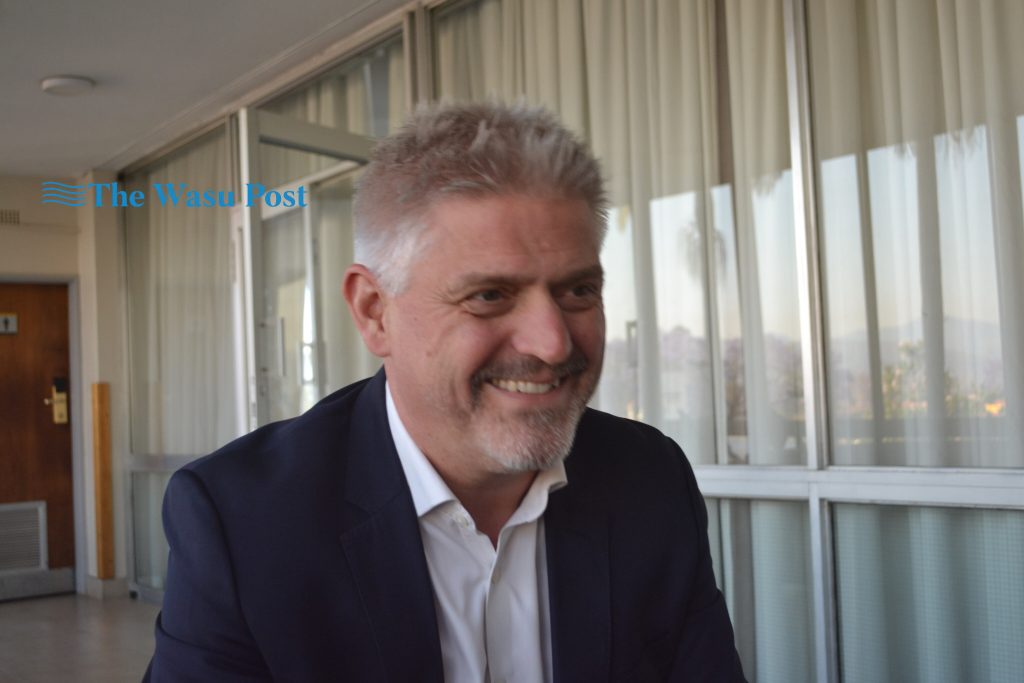By Fanuel Chinowaita

Mutare – Zimbabwe has implemented 57.4% of the Sustainable Development Goals (SDGs) as of 2024, according to officials speaking to journalists during the mid-year SDG Monitoring and Evaluation Workshop being held at the Holiday Inn in Mutare.
The workshop, organized by the Ministry of Public Service, Labour and Social Welfare through its SDG Unit with financial support from UNDP Zimbabwe, has brought together stakeholders from government, civil society, academia, the private sector, and development partners to review progress and strengthen the national monitoring framework for the 2030 Agenda.
Speaking to journalists on the sidelines of the event, Alex Warren-Rodriguez, a Senior Economist with the United Nations Development Programme (UNDP), said Zimbabwe has shown significant ownership and commitment toward implementing the SDGs.
“The 2030 Agenda is an agenda for action, not a wish list. Zimbabwe has demonstrated strong leadership in mainstreaming the SDG framework into national development blueprints such as Vision 2030, the National Development Strategy 1 (NDS1), and the upcoming NDS2,” Warren-Rodriguez said.
“The latest SDG Index by the UN Sustainable Development Solutions Network shows that Zimbabwe has achieved 57.4% implementation so far. This is commendable progress, but it is not enough to reach the 100% target by 2030. There is still a lot of work to be done.”
He added that the workshop’s main goal is to assess progress, review data, and update the national SDG online portal managed by ZimStat, which will make information more accessible to the public and policymakers.

In a separate interview, Sylocious Chaturuka, the Deputy Director for Sustainable Development Goals and Agenda 2063 Coordination in the Ministry, said the workshop is focused on enhancing coordination and data-driven decision-making.
“We are reviewing the SDG implementation up to mid-year 2025 and updating our Monitoring and Evaluation framework. The workshop is also capacitating SDG focal persons and refreshing the open SDG data portal hosted by ZimStat,” Chaturuka told journalists.
“The platform will help us identify data gaps and areas of progress, and it will inform government and stakeholders on where more effort is required.”
Chaturuka added that a narrative report will be produced at the end of the workshop, detailing Zimbabwe’s achievements, challenges, and proposed solutions for accelerating progress.
He emphasized that achieving the SDGs requires collaboration among all stakeholders — including government ministries, development partners, business, and civil society — as “no single sector can do it alone.”
With just five years remaining to meet the 2030 targets, both officials urged Zimbabwe to accelerate action to achieve its Vision 2030 ambition of attaining upper-middle-income status while ensuring that no one is left behind.
